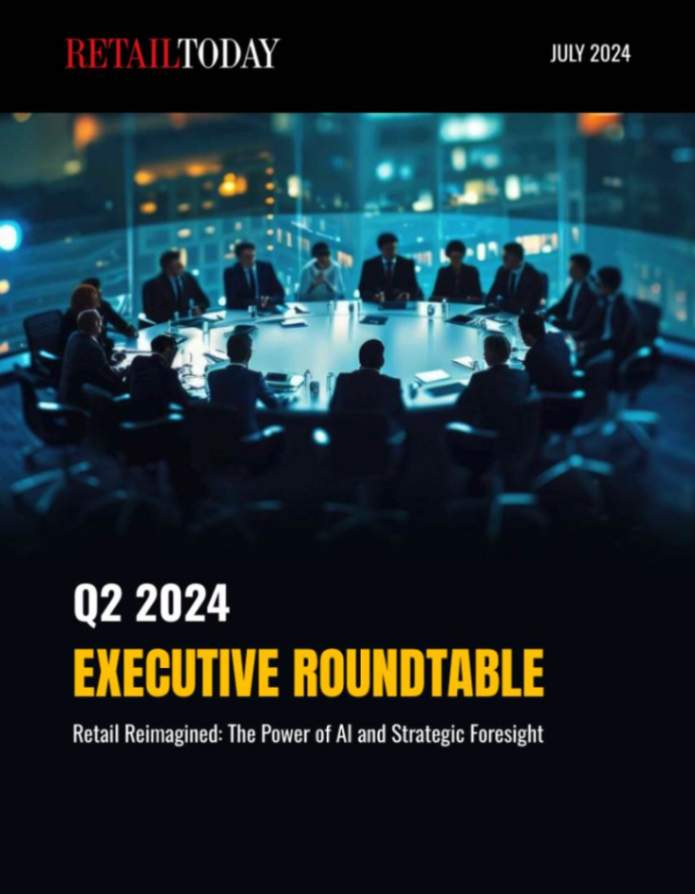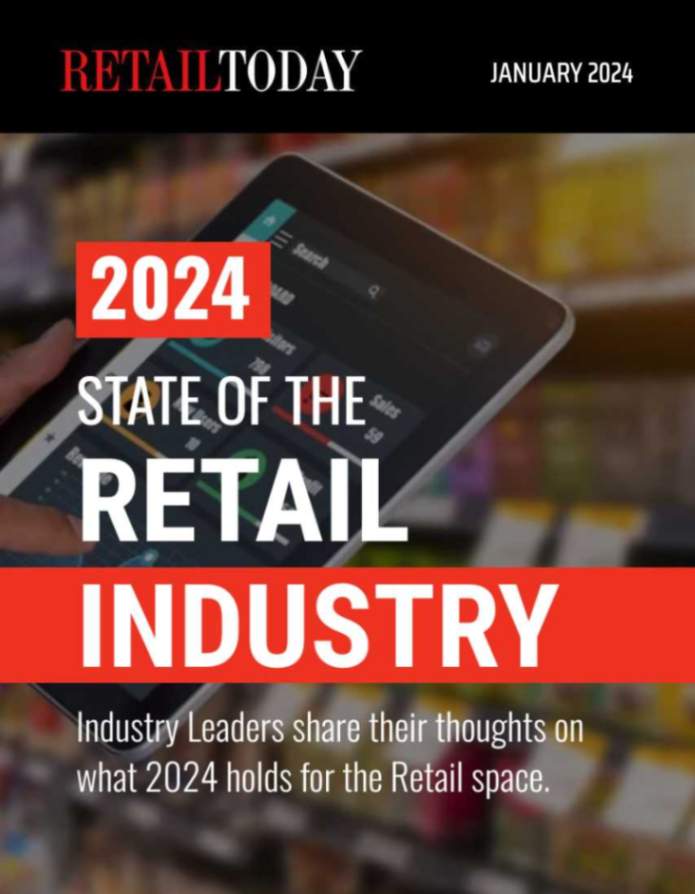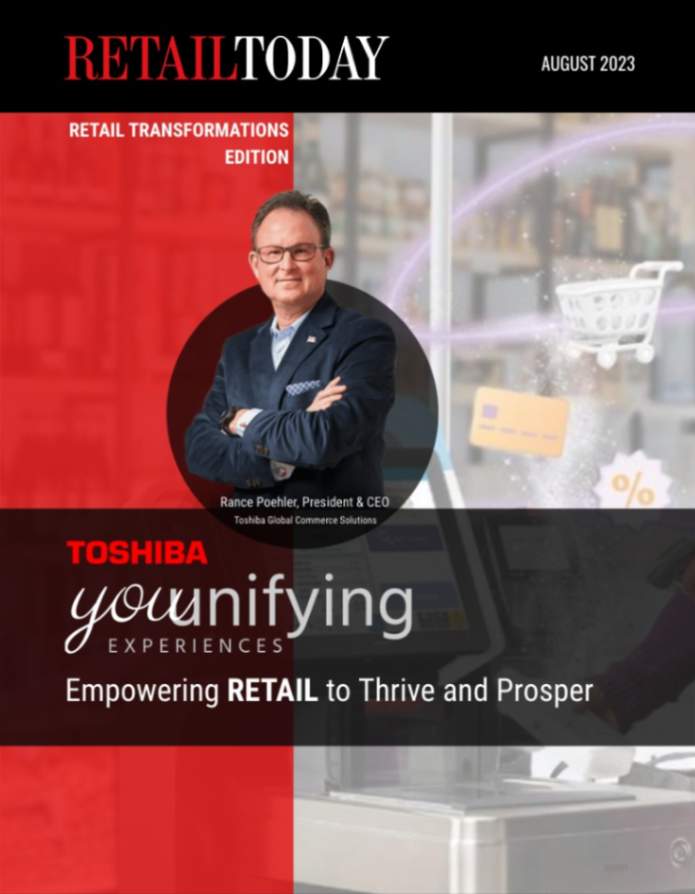
The past few years have seen eCommerce evolve in unprecedented — and accelerated — ways. With new trends, challenges, and technologies, eCommerce took on a far more nuanced role in the overall retail strategy, and in turn, a far more important one.
While businesses were once content to simply stand up an online store, 2022 solidified the understanding that this was no longer sufficient. Success in eCommerce meant standing out from the crowd — differentiating from a growing list of online competitors to win new customers and retain existing ones. That continues to ring true as we head into 2023. Here’s what that will mean for the state of eCommerce.
E-commerce will be treated as commerce, period.
The eCommerce industry is expected to total $5.7 trillion in 2022, or about 22% of retail sales globally. In 2023, that number is expected to grow, with online retail sales expected to reach $6.51 trillion, or 22.3% of total retail sales. eCommerce is no longer just a sector of commerce, it is commerce.
This means 2023 will see brands actively prioritizing their digital functions, particularly focusing on the technology investments they make to power their eCommerce experience. The industry has moved in such a way that legacy platforms won’t be enough to keep up with rapidly evolving customer behaviors and expectations. Instead, retailers will need to employ an agile tech stack, creating a commerce ecosystem that meets the unique buying needs of their customers.
Omnichannel will become the expectation.
Today, a majority of our interactions with brands span multiple channels, technologies, and devices. Seamless and connected journeys matter, as the boundaries between channels will continue to blur in 2023. Omnichannel e-commerce will become what customers expect.
One of Bloomreach’s clients, boohooMan saw the positive effects of employing an omnichannel strategy this past year. BoohooMan, an online fashion destination, used our omnichannel marketing solution to better incorporate SMS into a strategy that already leverages multiple other channels. Powered by zero and first-party data, the boohooMan team was able to generate a 25X return on investment from a single SMS campaign. Like boohooMan, brands that can move seamlessly across every channel are the ones that will win customer loyalty.
Personalization will become an even greater priority.
We all know the feeling of walking into a store, having the sales associate ask us what we’re looking for and guiding us towards exactly what we want. It’s the ease and joy of personalization. That same feeling should happen when you engage with a brand digitally. Businesses are increasingly recognizing the importance of this and making investments in technology that can help them deliver on the personalization they’ve long promised customers.
And while personalization is instrumental to a great customer experience, it’s also impactful to the bottom line. We’ve seen this firsthand at Bloomreach. My Jewellery, a clothing and jewelry retailer, utilized zero-party data for personalization efforts. They developed a “Style Profile Test” that allowed customers to share more about their style preferences, then sent them emails featuring products and content that matched. The company saw a 20% higher open rate compared to their typical email campaign. Relevancy drives engagement.
Looking Forward
The eCommerce industry has seen immense change packed into just a few short years. While much of 2022 was spent coming to terms with that change, 2023 will see this industry looking ahead. Retailers will be focused on optimizing for sustainable growth and building an eCommerce experience that can generate lasting success. And while that will have an important impact on businesses’ results, it will also help retailers move the needle on an even more pressing goal: making the online shopping experience that much more incredible for customers.
Raj De Datta serves as Co-Founder and CEO of Bloomreach, the world’s #1 Commerce Experience Cloud. Before launching the Company in 2009, Raj was entrepreneur-in-residence at Mohr-Davidow Ventures, served as Cisco’s director of product marketing, and was on the founding team of telecom company FirstMark Communications. He also worked in technology investment banking at Lazard Freres. Raj serves on the Council for Player Development for the US Tennis Association, as a Founder Partner at seed-stage venture capital firm Founder Collective and an individual investor in over 20 Silicon Valley start-ups. He holds a BS in Electrical Engineering with a certificate in Public Policy and International affairs from Princeton University and an MBA with distinction from Harvard Business School.







